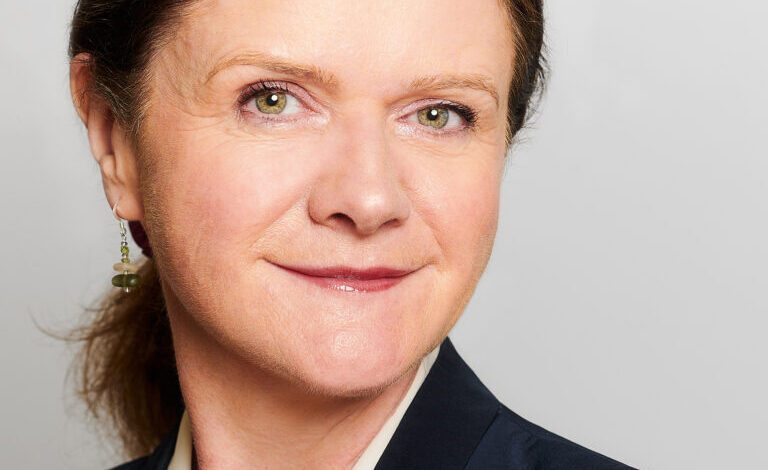Hospitality leaders urge EPR delay over cost and investment fears
In a letter to the prime minister and chancellor, the coalition said it does not believe Defra has given “due regard” to the economic impact of Extended Producer Responsibility (EPR) on investment and growth in the UK

Register to get 1 free article
Reveal the article below by registering for our email newsletter.
Want unlimited access? View Plans
Already have an account? Sign in
Leading pub, hospitality and brewing bodies have said they are “deeply concerned” about the cost and impact of EPR, and Defra’s lack of progress to solve the issue.
In a letter to the prime minister and chancellor, the coalition said it does not believe Defra has given “due regard” to the economic impact of Extended Producer Responsibility (EPR) on investment and growth in the UK.
It also said that, as a result, the department’s efforts to alleviate these issues have been “deprioritised”.
The coalition has made an appeal to the prime minister and treasury to delay the introduction of EPR by at least a year, while Defra is instructed to remedy existing issues.
The bosses of UKHospitality, the British Beer and Pub Association, British Institute of Innkeeping, Campaign for Real Ale, Society of Independent Brewers, Wine and Spirit Trade Association, Independent Family Brewers of Britain, Federation of Wholesale Distributors, Cider UK and British Glass have highlighted three key issues:
- Double payment by hospitality businesses
Venues will pay twice for waste collection, due to poor policy design incorrectly classifying bottles of beer and wine as household waste and subject to a packaging levy, despite not leaving hospitality premises.
Venues will have to pay for existing business waste collection to dispose of glass, as well as face additional costs passed on by producers under EPR.
- Impact upon investment and growth
No final announcement of the prices involved in EPR and ongoing confusion around the double payment by hospitality businesses is negatively affecting investment decisions and business confidence.
Additional costs for hospitality businesses will be passed onto consumers, affecting performance in the sector and creating inflationary pressure.
- Disproportionate cost burden on glass
Disproportionately high indicative fees for glass is likely to drive certain product types into plastic, undermining the high recycling rate for glass and the EPR’s objective to drive recycling.
The letter said: “There is a widespread belief that this legislation is being introduced far too quickly, and the financial burdens placed on businesses and their impact on growth, are not being acknowledged by Defra. EPR comes at a time when there are cumulative issues affecting the sector including changes to employer National Insurance Contributions.
“We do not believe that due regard has been considered to the full economic impact of this policy measure on investment and growth in the UK, and therefore efforts to alleviate them have been deprioritised. Indeed, DEFRA has confirmed that EPR will operate in an unfair manner for at least two years. We know from our members that this will impact upon investment in the UK.”







